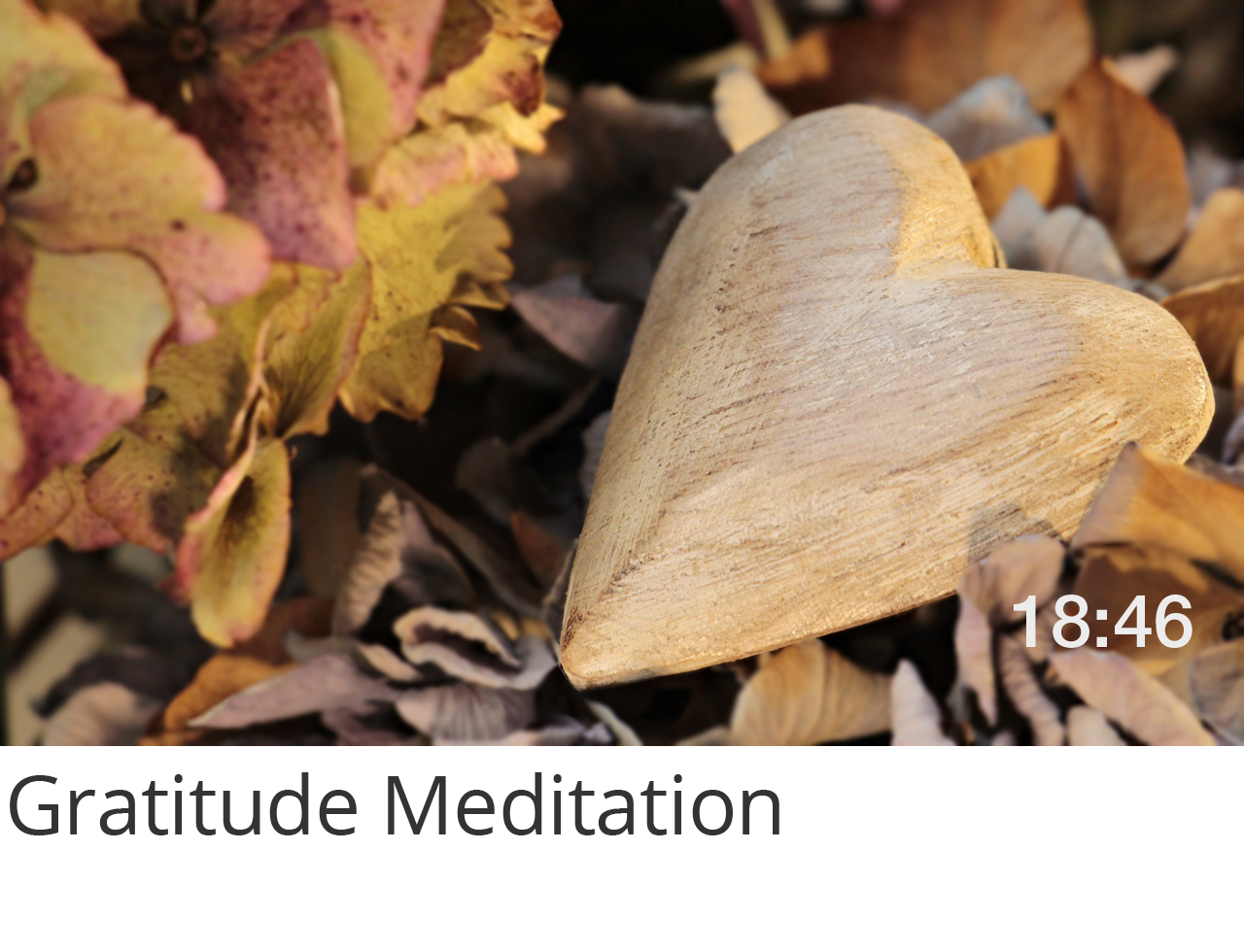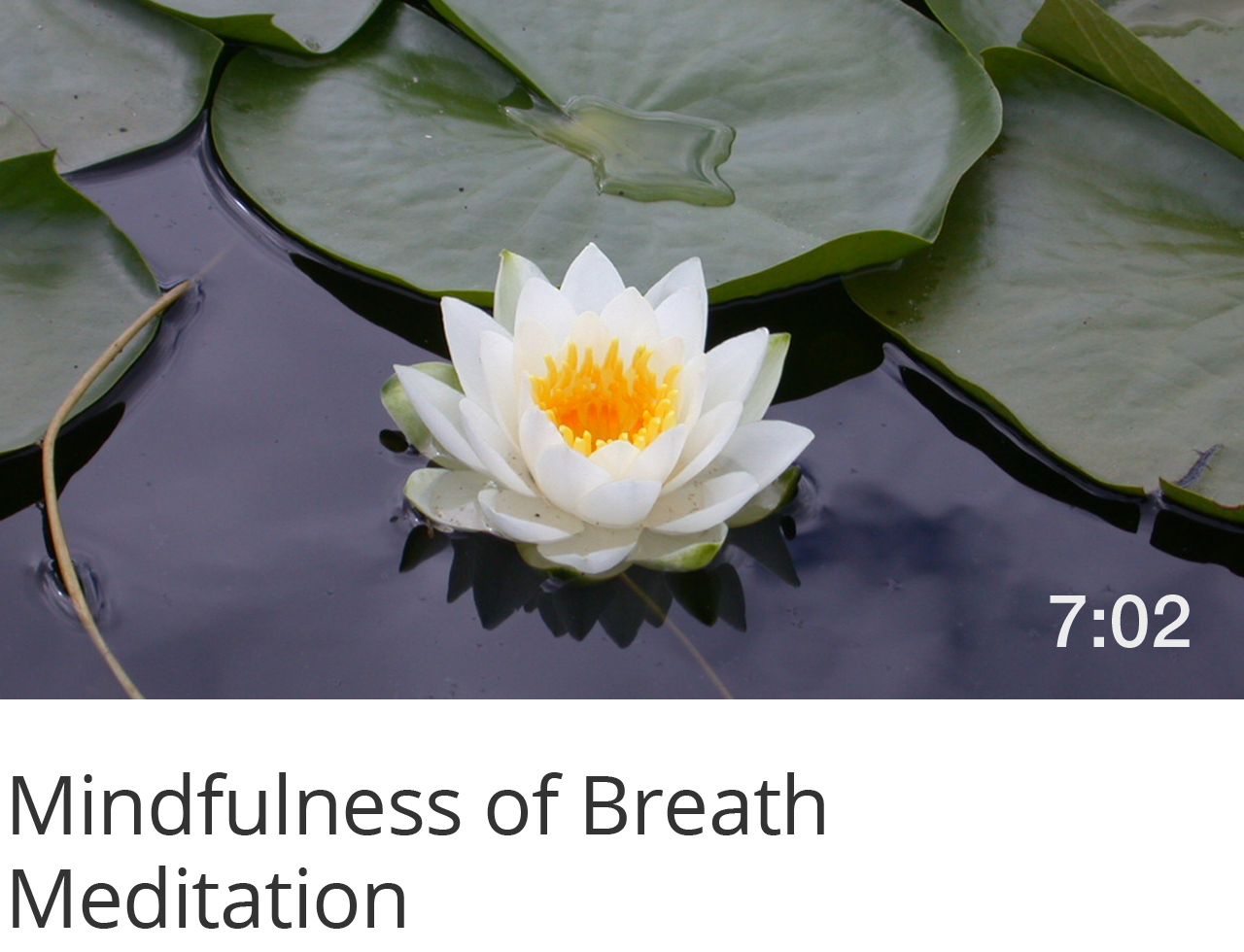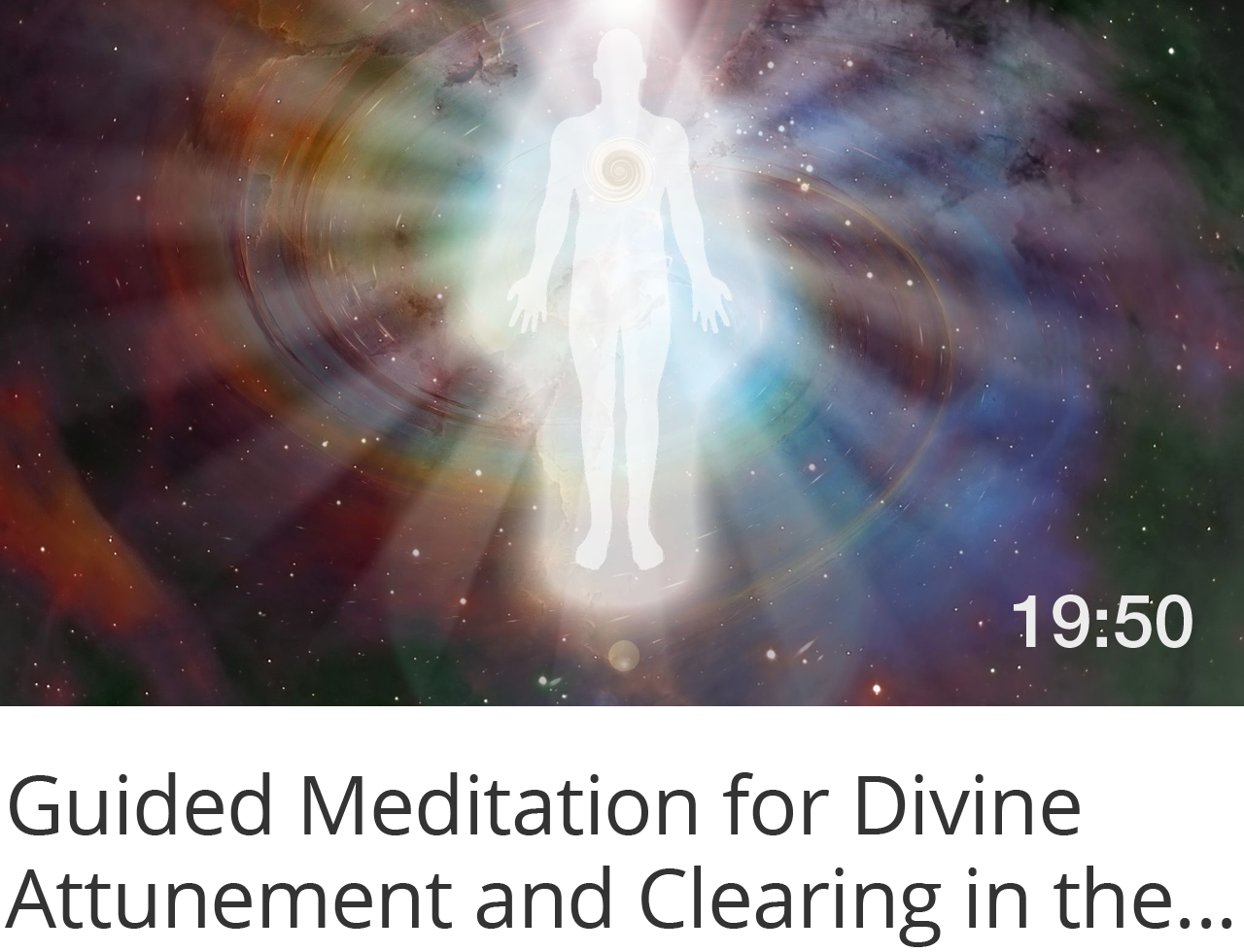Mindfulness—the practice of consciously directing our attention on our present-moment experience, without reactivity or distraction—improves our physical, mental, emotional, and spiritual health and wellbeing. Mindfulness is regularly used as part of psychotherapy and stress-reduction, and studies have documented its positive benefits on physical health, such as boosting the immune system and lowering high blood pressure. However, mindfulness goes much further than this in benefiting our health, and leading-edge research suggests that it even transforms our DNA. In this post, I will be addressing the full health benefits of mindfulness, and I will explain why mindfulness is the most crucial factor in maintaining our health and wellbeing.
Mindfulness Improves Psychological Health
Mindfulness is a powerful tool for restoring choice about our psychological states, and this is its key to improving our psychological health. Often we live on autopilot, allowing thoughts and emotions to control our psychological states without conscious awareness of this process. Without mindfulness, our psychological states can unconsciously change in reaction to internal or external triggers that we experience. This is called reactivity. The more obvious examples of this include road rage, phobias, and panic attacks.
Without our conscious intervention, thoughts and emotions can not only control us and limit our choices, but also spiral out of control, taking us into states of stress, anxiety, and depression. We can end up living a limiting and even a harmful life when we are dominated by limiting, distorted, irrational, and unchallenged thoughts, and when our baseline psychological state is an unresourceful one—such as low self-worth, apathy, and negativity. Negative self-talk is a common example of what happens in an unresourceful state that undermines our psychological health and success.
Unchallenged beliefs and behaviour that cause us to act harmfully towards ourselves, others, and the natural environment are a more insidious example of how a lack of mindfulness can lead to psychological illness. The very fact that war and environmental devastation goes on as if it is business as usual, raises questions about the sanity of accepting this behaviour. Not living authentically is another, more subtle, example of how a lack of mindfulness can lead to psychological illness. It is potentially harmful if we are chronically dissociating and are not embodying our true self: we may not be meeting our true needs, and may even be in conflict with them.
Mindfulness enables us to step out of unconscious reactivity by building a centre of clear self-awareness within us, where we can consciously observe our inner and outer experience and direct our attention, rather than allow our attention to be caught up in endless thoughts and emotions. This restores the power of choice. For example, we can choose not to react to a psychological trigger once we are aware of it and the other more resourceful ways that we can choose to experience that trigger. With mindfulness we can also choose to process the negative pattern being triggered and to transform it and grow in self-development from the experience. For more on this, read my post How to Release Negative Patterns Effectively.
Practising mindfulness does not require perfection. It can be used even when we have slipped out of our mindful states, which is common when we first start to practise it. If we have been triggered into an unresourceful state without immediately realising—which happens most obviously with very reactive disorders such as PTSD (Post-Traumatic Stress Disorder), and less obviously in normal daily living when we have weak attention—we can use our self-awareness with mindfulness to de-escalate that unresourceful state and return us to a resourceful state.
The beauty of mindfulness is that if our attention slips, and we fall back into a negative or unresourceful pattern, it can be used to enable us to realise this fact, accept it, and bring our lost attention back, with compassion towards our self, rather than judgement and self-criticism. This process can be clearly observed in meditation when our mind starts to wander from its focus: we become mindful of this and then bring our attention back. As we increase our practice of mindfulness, our centre of awareness will strengthen so that our attention slips less frequently. It is no different to training a weak muscle: it just takes practice and commitment.
Mindfulness Improves Physical Health
Mindfulness improves physical health. It is a powerful tool for restoring choice about our lifestyle and our physiological states, which influence our health. Examples of where mindfulness can benefit our health in this way include instances when we are:
- stressed
- overworking
- eating food that is harmful to our health
- being sedentary
- exposing ourselves to toxins
- neglecting our body’s needs
- adopting a bad posture
One of the big reasons that mindfulness is so successful for managing our health is that it enables us to reduce stress, anxiety, and depression that are major risk factors for illness and disease. These psychological states most notably affect our immune system, endocrine system, and cardiovascular health—but they actually affect our whole body. When we are in stressful and unresourceful states—known as incoherence—our whole body goes out of harmony.
Leading-edge research at the Institute of HeartMath has documented how measurements of the heart’s physiology and electromagnetic activity reflect states of psychological coherence or incoherence. Furthermore, this research has shown that the heart is the most powerful electromagnetic organ, and can therefore entrain the health of the entire body, including the brain and the structure of DNA. States of mindfulness, compassion, and gratitude—as well as the practice of meditation—have been documented to bring the heart and the whole body back into coherence and therefore health. Making these practices central to our life is the greatest gift that we can give ourselves in order to be healthy.
Further leading-edge research in the field of epigenetics, which looks at how our DNA expresses itself, reveals that the influence on our physical health due to our DNA is caused less by the sequence of our DNA as was originally thought. Rather, it is our psychological states, behaviour, and environment, which mostly affect how DNA expresses itself—echoing the research of the Institute of HeartMath. A toxic environment and state of mind is more likely to trigger an illness relating to faulty gene expression—such as cancer—than the structure of DNA itself. Mindfulness is relevant here as it restores choice about our inner state of mind and our outer environment, and enables us to recognise and eliminate the toxicity, stress, and bad habits that negatively affect our DNA and harm our body.
Mindfulness increases our physical health and vitality because it enables us to be more present in our body, accepting it, honouring it, eating mindfully, and listening to its true needs. Being fully present in our whole body is only possible when we stop dissociating and break free of our hypnotic trances and patterns of overthinking. Mindfulness enables us to return to our centre in the present moment, and to embrace the fullness of that moment through our physical embodiment. This is when we most start caring about our body, for mindfulness enables us to be fully present in it, and opens us up to self-compassion and to gratitude for the blessings of our body and our life.
Mindfulness Improves Spiritual Health
Mindfulness also improves our spiritual health, which I define as our integration with the greater whole of life, and which is measured by the degree that we honour our interconnectedness with all things. Mindfulness enables us to recover our wholeness and to heal our relationships with the greater whole. This occurs when we discover our true nature of wholeness and interbeing, through our true self. Mindfulness brings our attention to the inner observer behind the thoughts and emotions that usually distract and trap our attention.
Spiritual health is important because the problems that are affecting our individual and collective lives are systemic and can only be solved by developing a perspective of wholeness. Indeed, this wisdom becomes apparent when we look at the root word of health, which is the Old English word hael, meaning “to make whole”. This means, for instance, looking at our place in ecosystems, and how the problems of our world are often caused by dissociating or abstracting from the whole. It means looking at how we choose conflict as a reaction to the belief that we are separate from the rest of life and are under threat from someone or something that is in fact an aspect of our greater identity.
The loss of 10,000 species each year—way above the background average—is an alarming symptom of how we are on a collective course to self-destruction, because these species are key links in the ecosystem of life that hold together the Earth. We can, however, change our course to one that honours and celebrates all life. By cultivating mindfulness, and using it to break the dissociative trance that we are in, we can take action to live in a way that supports the health of the whole and therefore of ourselves.
Want to know more about how mindfulness can bring you better wellbeing, relationships, and success? Consider booking an Inner Wellness Guidance Call with me and I’ll share some priceless insights with you to help you through your life challenges.







